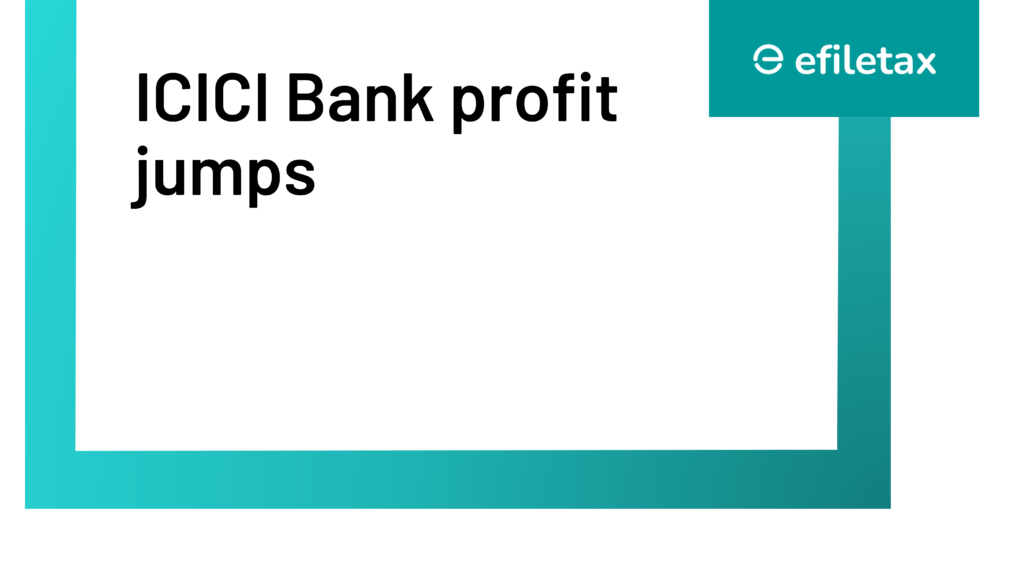
ICICI Bank Profit Jumps 18% in Q4 FY25
ICICI Bank profit jumps – that’s the headline grabbing attention across India’s financial circles this quarter. The private sector lender reported a net profit of ₹11,627 crore in Q4 FY25, an 18% YoY rise, reflecting strong credit growth and cost discipline.
But while the profit growth looks impressive, market experts are now closely watching one key metric – Net Interest Margin (NIM).
What is NIM and Why Does it Matter?
Net Interest Margin (NIM) = (Interest earned – Interest paid) ÷ Average earning assets
It’s a key indicator of how efficiently a bank earns from its core lending operations.
- Higher NIM = better profitability from loans
- Lower NIM = margin pressure due to rising cost of funds
In Q4 FY25:
- NIM was 4.4%, slightly down from 4.5% in Q3
- Rising term deposit rates and liquidity tightening are eating into margins
Breakdown of ICICI’s Q4 Numbers
| Metric | Q4 FY25 | Q4 FY24 | Growth |
|---|---|---|---|
| Net Profit | ₹11,627 Cr | ₹9,122 Cr | ↑ 18% |
| NII (Net Interest Income) | ₹19,093 Cr | ₹17,667 Cr | ↑ 8% |
| NIM | 4.4% | 4.9% | ↓ |
| Advances | ₹12.68 lakh Cr | ₹11.09 lakh Cr | ↑ 14% |
| Deposits | ₹14.52 lakh Cr | ₹12.89 lakh Cr | ↑ 13% |
Regulatory and Economic Context
According to RBI’s Monetary Policy Report (April 2025):
- Repo rate unchanged at 6.5%
- Liquidity tightening expected through H1 FY26
- Credit demand strong, but funding costs rising
Legal & Regulatory Reference:
- RBI Master Direction – Interest Rate on Advances
- ICICI’s disclosures in line with SEBI (LODR) Regulations
Watch for Margin Compression
According to industry analysts, NIM compression could continue if deposit rates stay high:
“Retail term deposits are repricing faster than loan books. Banks like ICICI may face margin headwinds unless they diversify income streams.” – Banking Sector Analyst, Mumbai
What Should Indian Investors and Businesses Track?
- NIM trends in upcoming quarters
- Loan-to-deposit ratios
- Growth in fee-based income
- RBI’s stance on liquidity and inflation
If you’re a business seeking a loan or planning a deposit strategy, this is the time to re-evaluate your banking relationships.